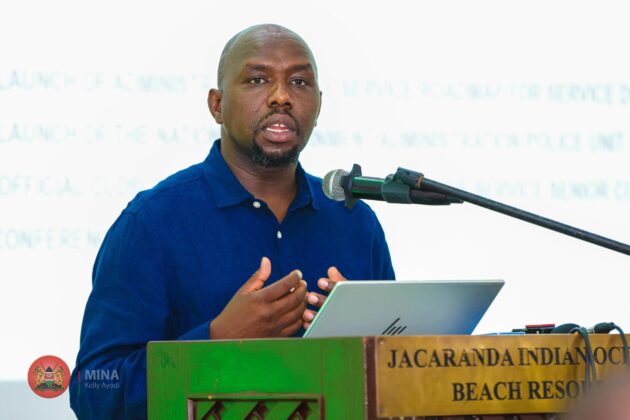NAIROBI, Kenya, Apr 13 – The government has rolled out a policy that seeks to recognize the role of village elders in communities.
The Draft National Government Village Administration Policy seeks to formalize the place of Village Administrative Elders in Kenya’s governance structure.
The government has called on the public to give their views on the Village Elder policy before it is officially launched.
The participation will be done on April 15, 2025, at all former provincial administration offices.
This policy seeks to onboard village elders into the formal National Government Administration Infrastructure.
Interior Cabinet Secretary Kipchumba Murkomen said the move is more than policy, adding it is a historic restoration of dignity.
He argued that the policy represents a “transformative milestone in our journey towards devolved governance.”
He termed it a tool to “bridge the gap between the people and government,” anchoring service delivery at the grassroots while promoting inclusivity, unity, and sustainable growth.
“For a country whose Constitution (Article 6(3)) mandates access to services in every corner of the Republic, the formal recognition of the village as the lowest unit of administration is not just constitutional, it’s moral. But it is not just about structure. It’s about people. Real people,” he said.
Principal Secretary Raymond Omollo said the group wields huge influence in community representation and decision-making.
“They provide the fabric that holds society together,” he said.
The policy outlines a clear vision: to build a structured, accountable, and well-facilitated Village Administration system.
It proposes the mapping and gazettement of villages, introduces eligibility criteria for elders, and assigns them well-defined roles, from maintaining incident registers and promoting peace to acting as liaisons with government agencies.
It also provides for their training, facilitation, and oversight. The policy has been shaped by voices from across Kenya through years of consultations with stakeholders, including community members, chiefs, lawmakers, and development partners.
